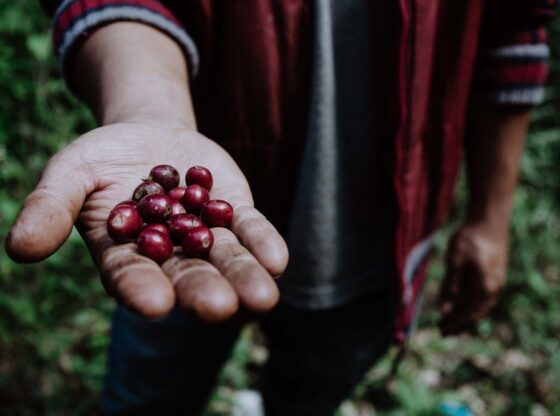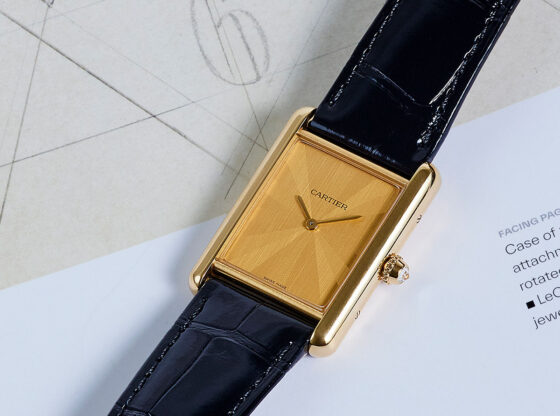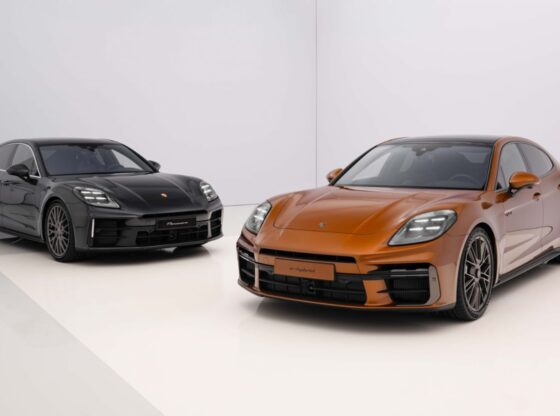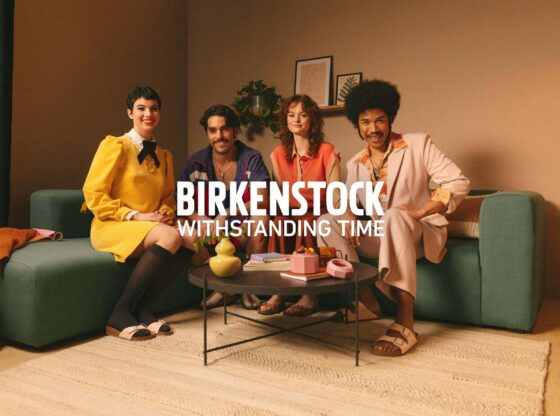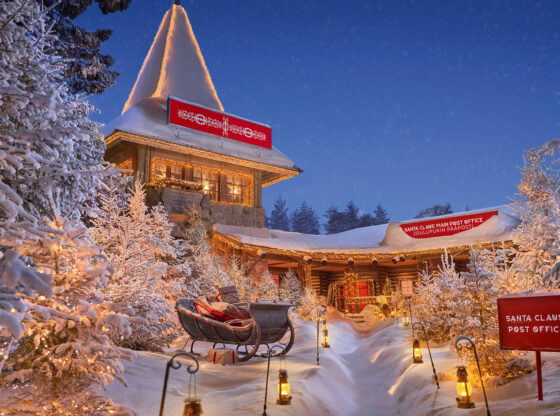![]()
Thailand is smitten by Japan. Sushi restaurants fill the malls, Issey Miyake’s luxury “Bao Bao” bags are all the rage and Thai tourists (PRE COVID) were flocking to Japan in record numbers to visit a country many view as a role model.
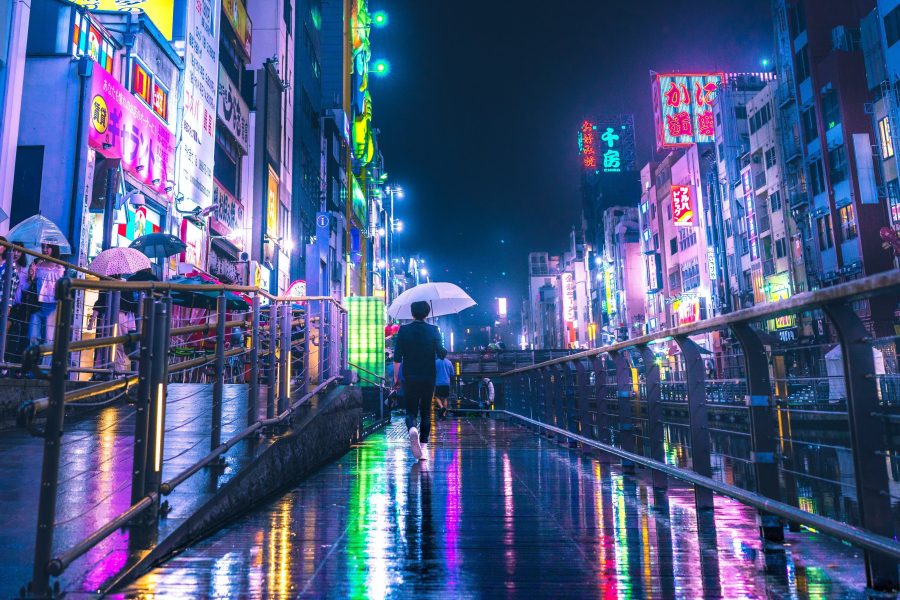
So, what explains Thai people’s national affection for Japan, beyond a taste for ramen? Some commentators attribute it to a lasting sense of gratitude since the Japanese waived visa requirements for Thai visitors back in 2013. Others attribute it to the two nations’ shared links to Buddhism, or simply a historical lack of conflict.
In the 1980s, many Japanese manufacturers suffering from the high value of the yen relocated production to Thailand’s eastern seaboard. Many have invested heavily since, and Japan has played a significant role in developing the area into one of the largest industrial hubs in Southeast Asia.
The Japanese expat community in Thailand has grown in line with the country’s economic presence. With 55,081 Japanese residents in 2018, Bangkok’s Japanese population was the largest in Asia and the second-largest globally, beaten only by Los Angeles.
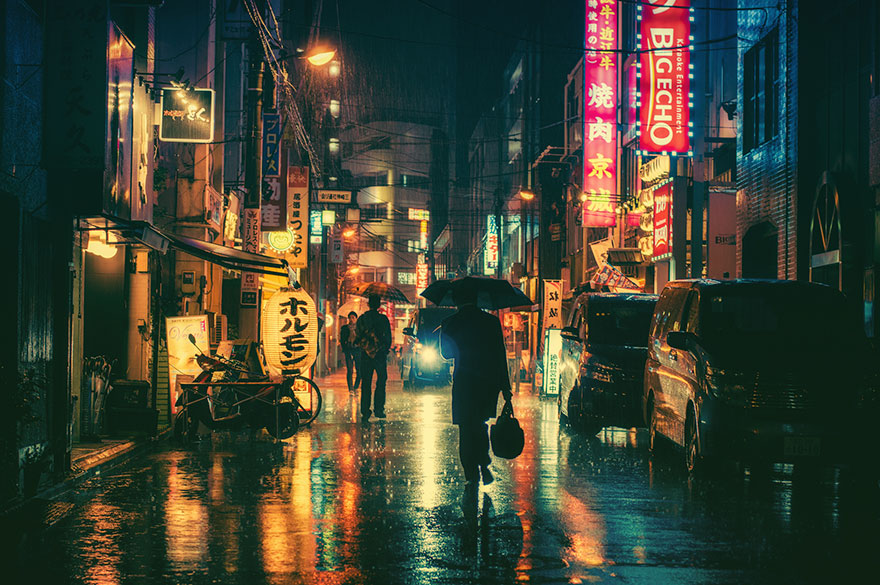
From a rustic hot spring ryokan (Japanese-style inn) to sushi omakase (chef’s choice) restaurants headed by a Thai chef, Japanese culture in Thailand is becoming more authentic and accessible.
Thailand has become one of the largest Japanese food markets outside Japan. Sushi can be found at street food stalls for as little as 5 baht, while shabu shabu (sliced meat and vegetables hot pots) and yakiniku (grilled meat) restaurants have become a must for new shopping malls.
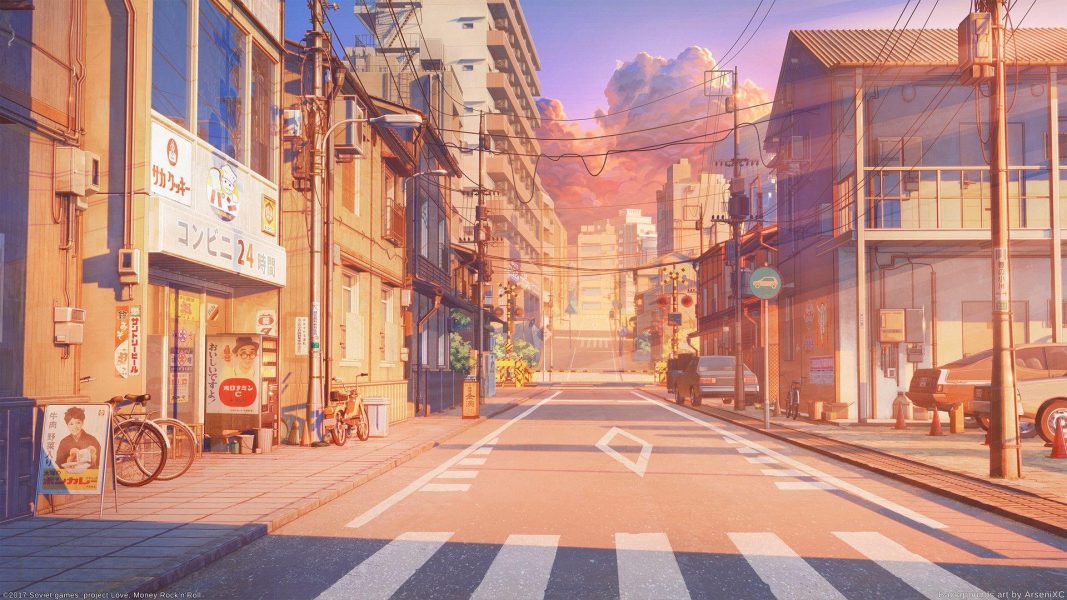
Japanese culture seems omnipresent in Bangkok, where you can even find a genuine “maid cafe” — a restaurant where waitresses dressed in anime-like maid costumes treat customers as “masters” or “princesses.” Maidreamin, a maid cafe chain headquartered in Tokyo’s Akihabara district, chose Bangkok as its first location abroad when it opened a branch in 2013. Thai maids were trained to do Japanese dance performances and to offer “tender” and “compassionate” hospitality, as in Japan.
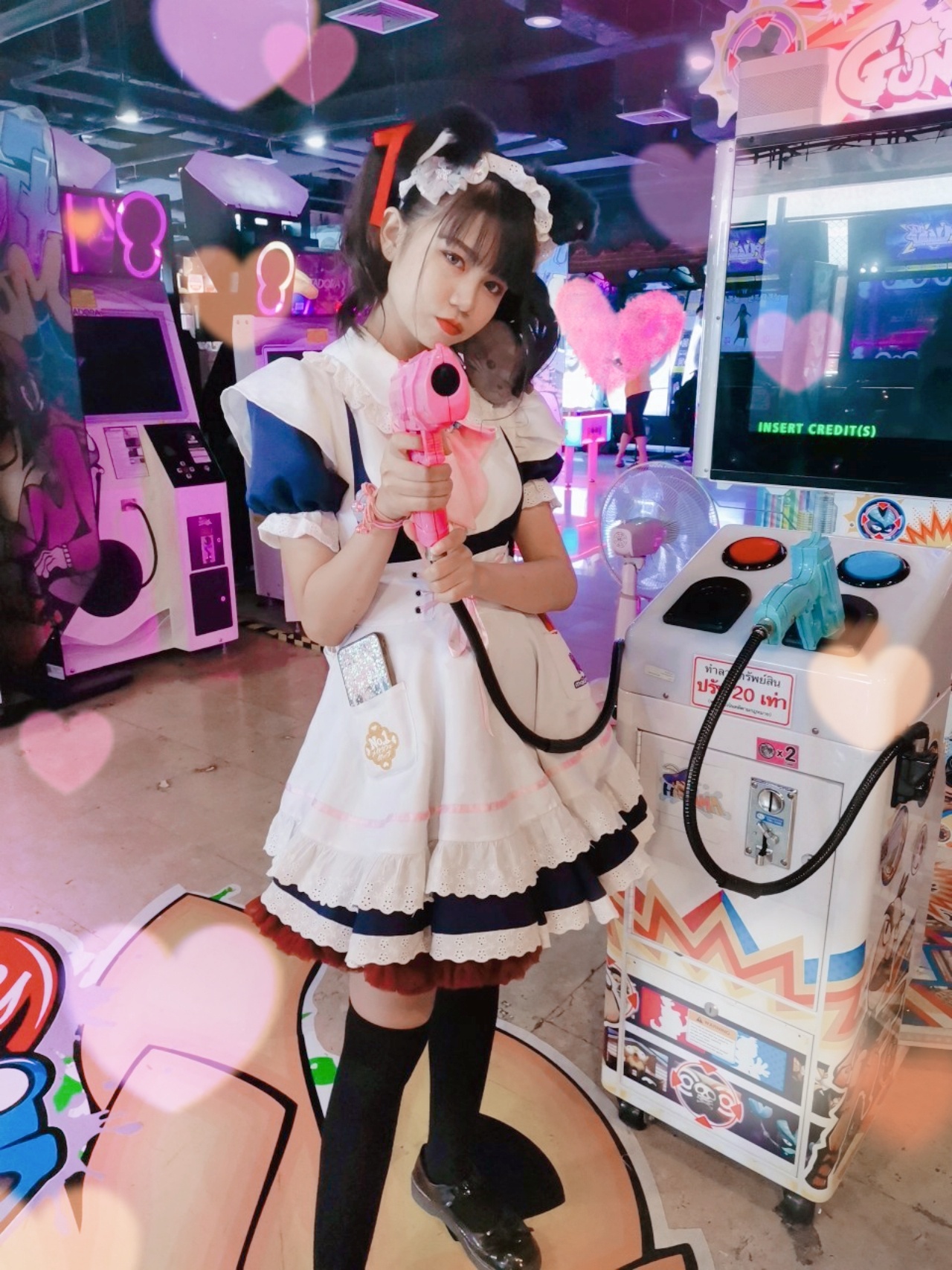
SUSHI MASATO – BKK
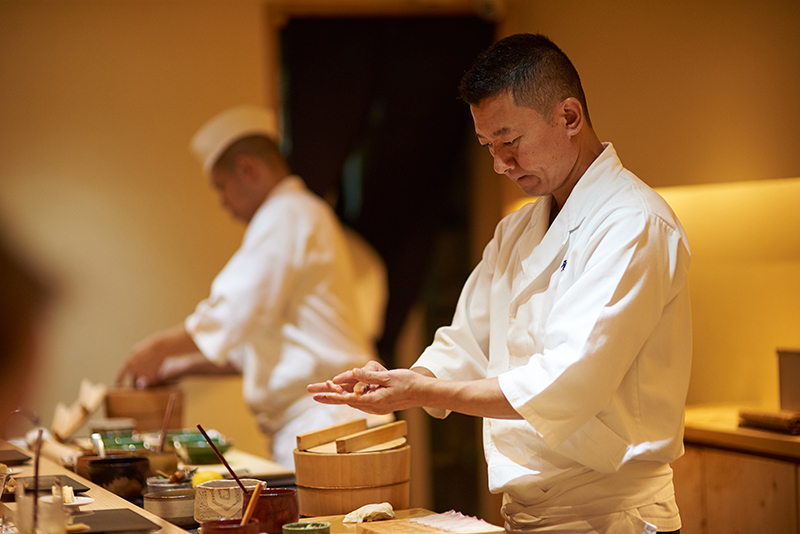
After honing his craft in Tokyo and building his reputation in New York City, Masato Shimizu opened his eponymous omakase sushi bar in Bangkok. Housed on a quiet lane, Sushi Masato is hard to find and only identified by a small sign in Japanese. Once inside, the intimate space and elegant interior create a tranquil feeling. The team of inspired chefs use ingredients sourced from Japan and share their passion for food with customers at the intimate chef’s table.
RONIN – PTTY
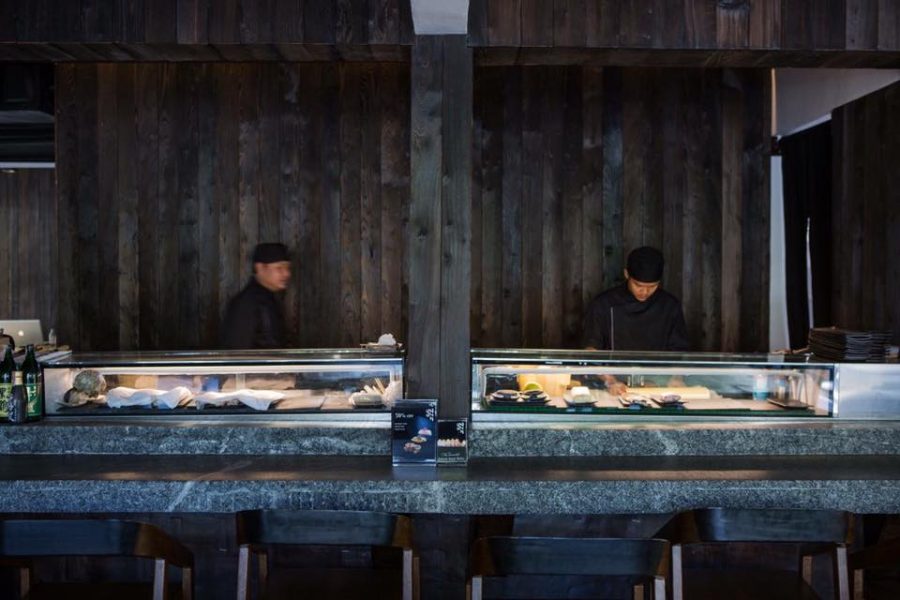
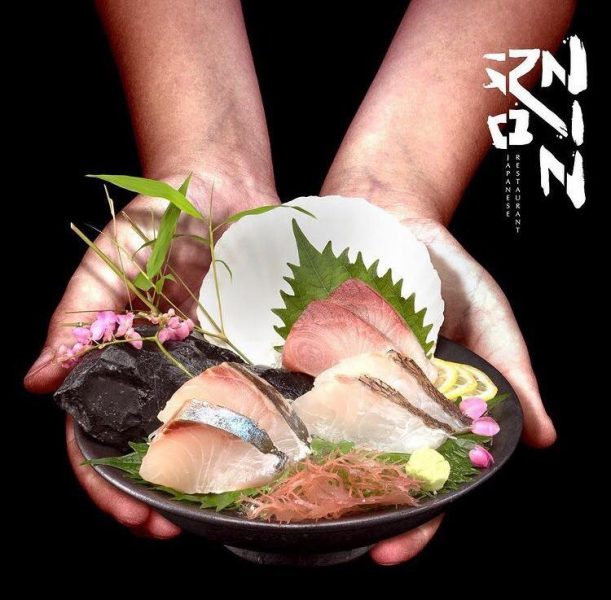
Pattaya’s premiere Japanese restaurant.
A unique fine dining experience overlooking a zen garden, Ronin’s chefs create a tranquil atmosphere for you to try their sizeable menu, encouraging you to come again and again.
MITZU OMAKASKE – PTTY
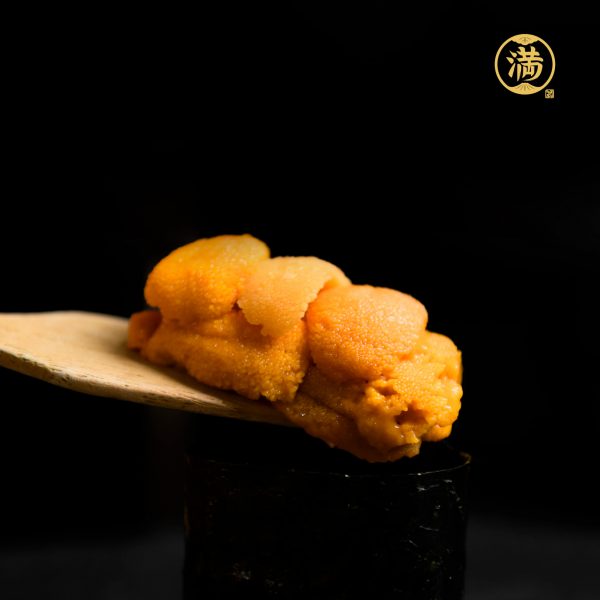
Mitzu Omakase is Pattaya’s Omakase Scene, full stop!
Omakase special’s, sushi cut large, pre-slicked in soy sauce and dabbed with freshly grated hon wasabi (smooth yet fiery, less nasal than the ready-mix stuff).
This exclusive sushi restaurant located on Pattaya 3rd Road is top quality with ingredients directly from Tokyo’s giving you an authentic omakase experience.
ONSEN @MONCHAM – CM
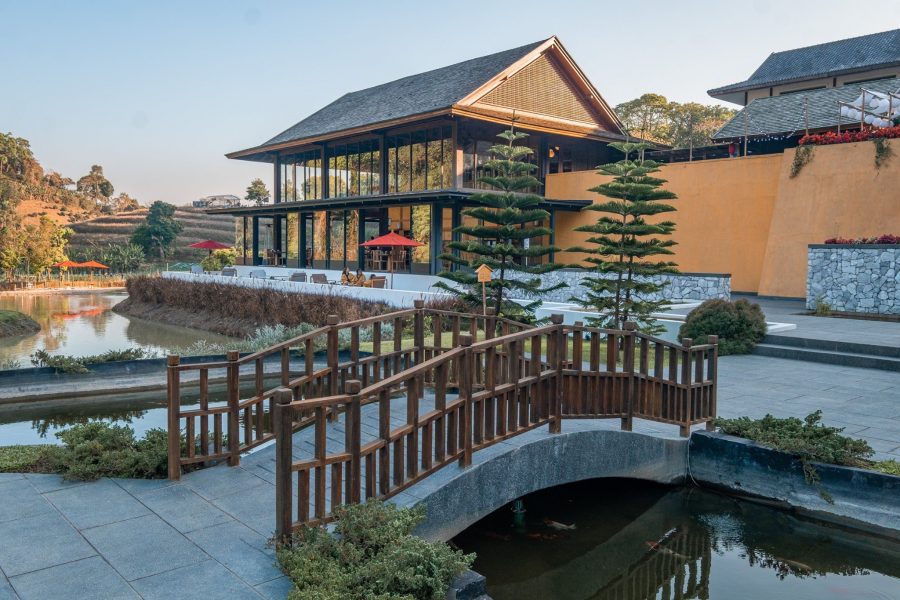
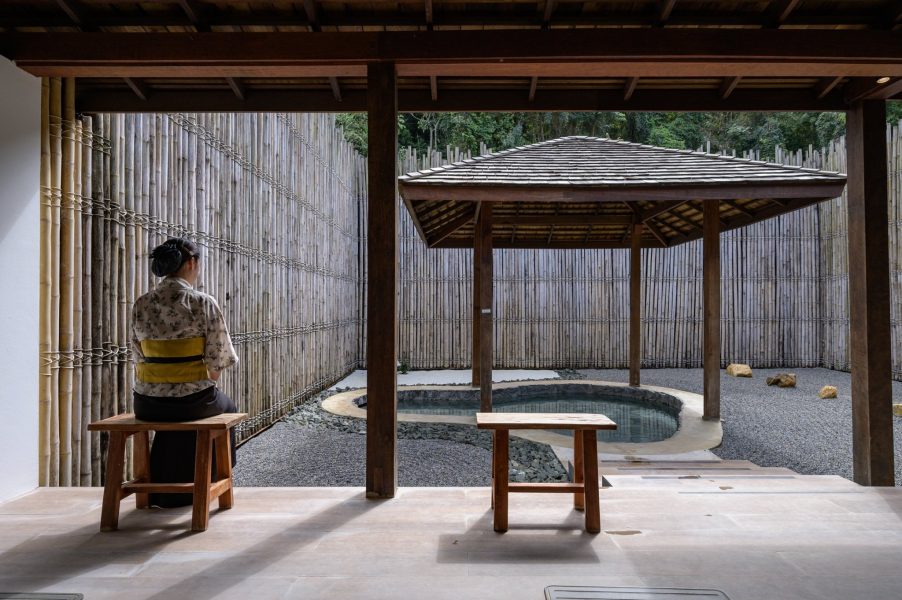
Nestled in the lush mountains of Chiang Mai, in northern Thailand, is Onsen @ Moncham, a compound of elegant Japanese-style gabled villas that look like an imperial villa in Kyoto. Here, guests spend their days dipping in the natural hot spring baths and strolling around dressed in yukata, the lightweight summer kimono, just as they would in an onsen (hot spring) ryokan in Japan.
MORI NATURAL FARM – CM
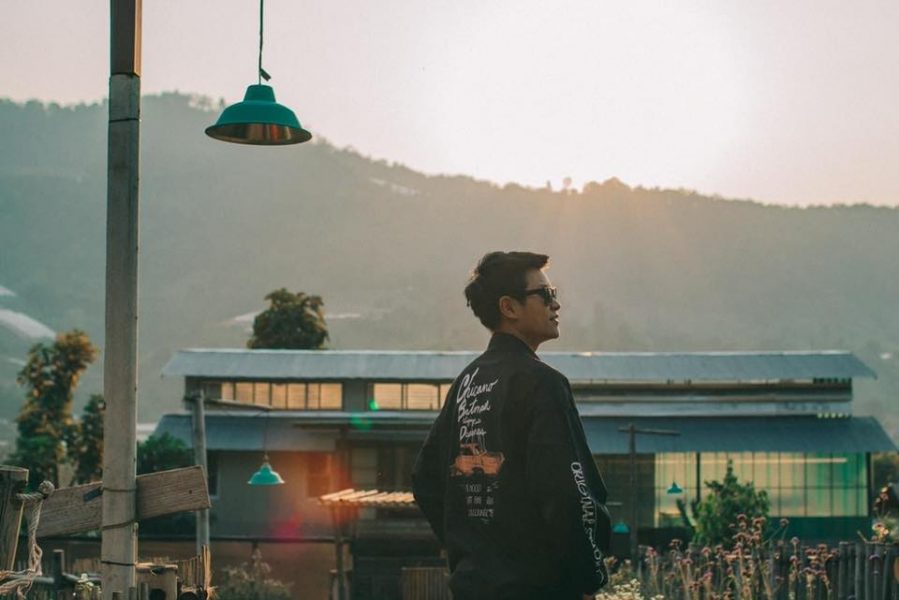
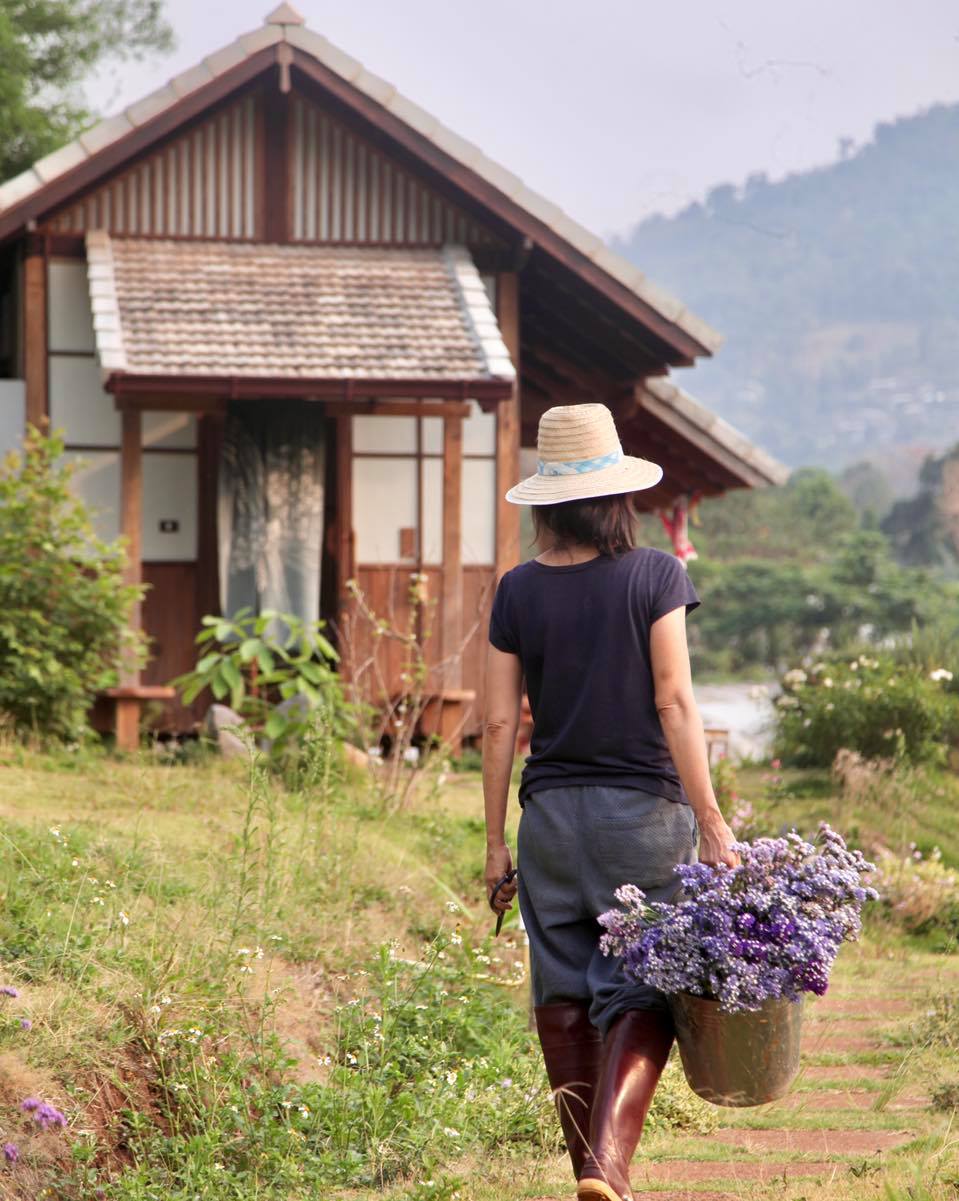
Mori Natural Farm is a farm stay in Chiang Mai, Japanese in style, Mori has a lush, flowery landscape and a ryokan-style building to stay in.
Traditional-Japanese-inspired rooms with light wooden walls giving bright natural light will make you feel like sleeping at an inn in Kyoto.
TOFUYA – BKK
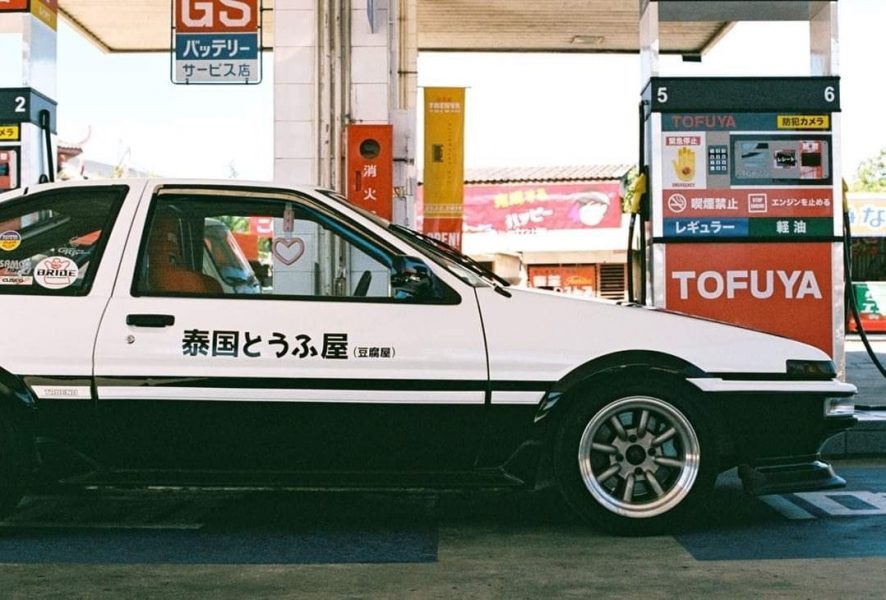

For anyone in Bangkok looking to immerse themselves in Japanese car culture to a backdrop of that Far Eastern country’s daily way of life, then there’s no need to take a trip much further than “Tofuya”, located around 25 km north west of the city centre.
Tofuya is a unique concept with the somewhat humble origins of a life spent as a roadside filling station. However, it’s since been transformed into a lively “ecosystem” that pays homage to Japanese culture. With a cluster of car focused businesses clustered around the forecourt, that also includes a café, it’s been dressed up to the point where one could easily imagine having pulled up at any petrol station in Tokyo.
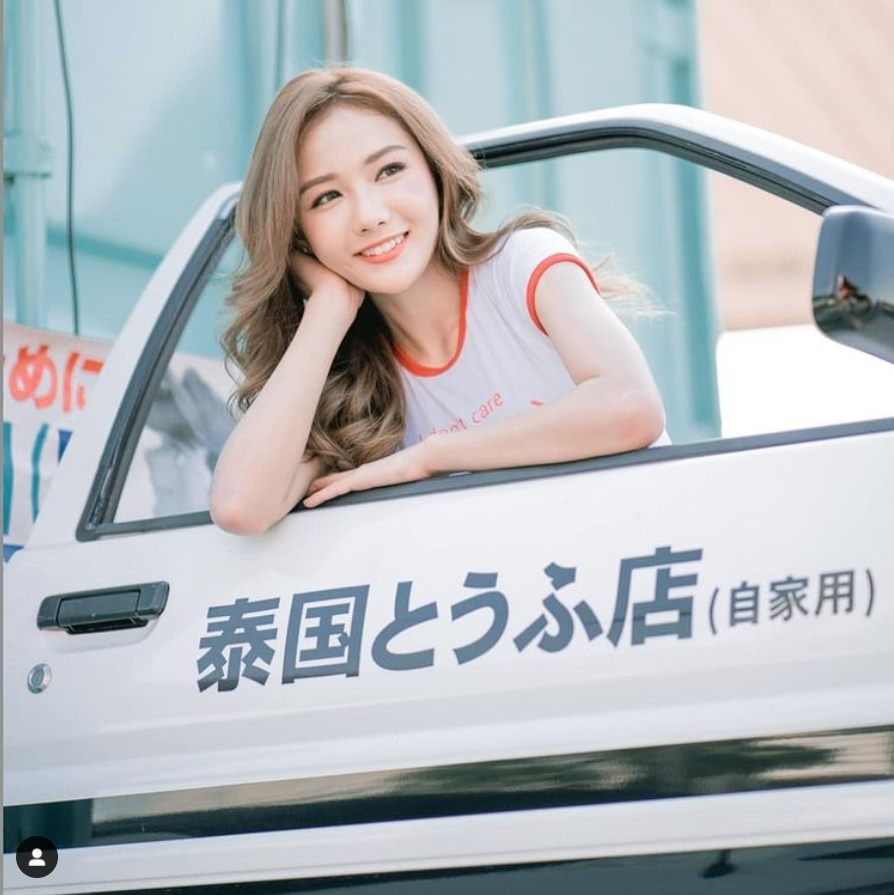
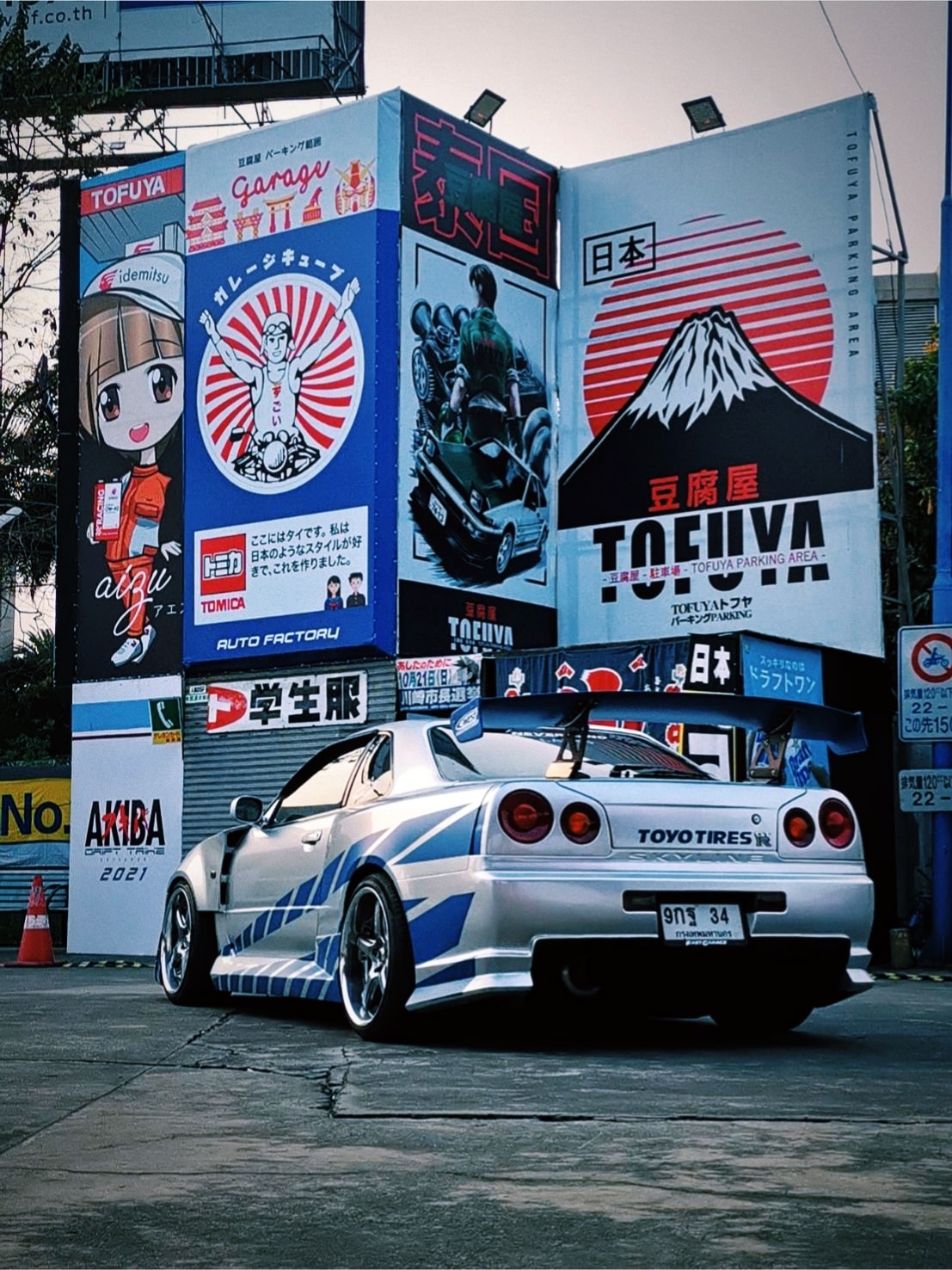
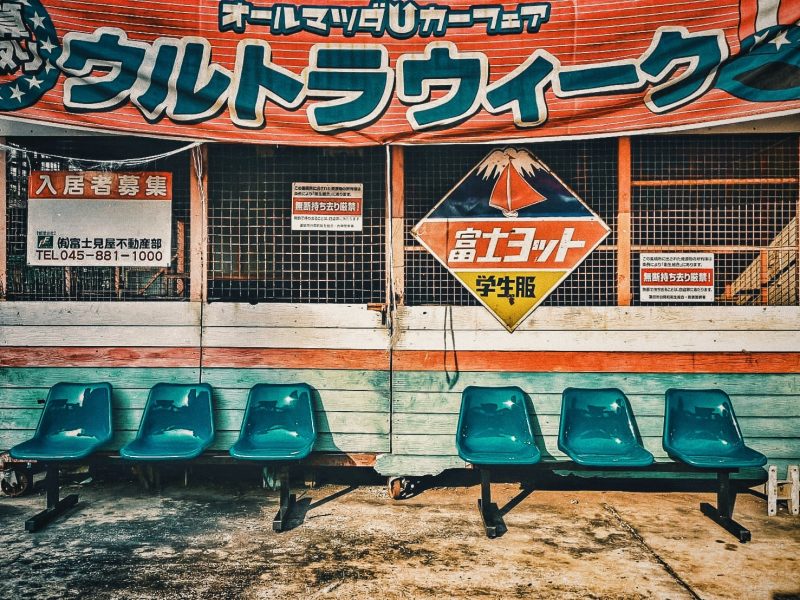
All the instruction signs are written in Japanese language – there’s no Thai or even English lettering to be found here – and all the iconography is drawn from the land of the rising sun.





